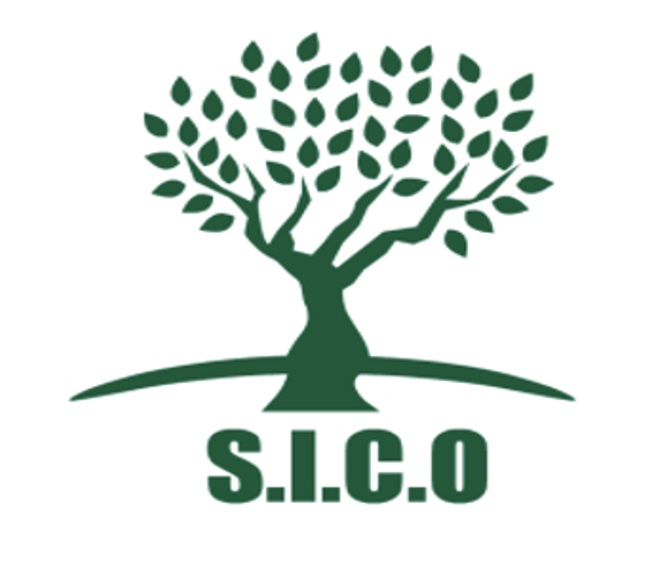

Ericka Costa
Climate change and environmental disasters continue to be a concern and action is not being taken fast enough. Who is the owner of the environment, and whose responsibility is to take care of it? Mother nature is offered to all of us, but it is not being treated well. While the focus is on large corporations and their impacts on environment, instead other individuals and small organisations are left behind. Who is taking care of environmental areas when those areas are owned by individuals? While owning a piece of land is personal, how that environmental area is treated should concern us all, because we are all affected by the environment. To better understand the impact of (a group of) owners in the environment of alpine areas, a new research project called the Social Impact of Collective Ownerships (SICO) has been launched.
SICO is a project funded by EUREGIO and runs from 2019 up to today. It involves the University of Trento as the coordinating partner, with the University of Bolzano and the Austrian Academy of Sciences as the other partners. University of Trento and University of Bolzano are both situated in northern Italy, while the Institute for Interdisciplinary Mountain Research of the Austrian Academy of Sciences is situated in Innsbruck, Tyrol. The aim of the project is to investigate the social and environmental impact of collective ownerships in the Alpine areas of the EGTC (European Grouping of Territorial Cooperation) of Trentino, South Tyrol, and Tyrol. Those collective ownerships manage the environment in different Alpine areas and countries (Italy and Austria), both for forested and pastured areas.
But what exactly are those collective ownerships? These types of organisations have always operated as not-for-profit and based on a sense of belonging and mutual good. For people living in the Alps, being part of a collective ownership means being a partial owner of the territory in which they live, while helping people living in mountain areas to manage their territory and other assets accumulated during their centenary existence. However, in recent years, these institutions’ corporate identity and legitimacy have been compromised. The sense of belonging which characterises Alpine collective ownership seems to be gradually waning, causing problems in the effectiveness of their environmental actions. Therefore, the aim of the current project lies in measuring the social and environmental impact of such organisations in order to deepen their current influence on local communities.
By enabling these institutions to overcome possible problems connected to the consensus regarding their activities, they can still provide a valuable contribution to sustainably managing natural resources in Alpine lands. Ultimately, the project proposes instruments for measuring collective ownerships’ social and environmental impacts in the areas that they are dedicated to preserve and further develop. Specifically, the SICO model is developed which contains metrics classified as inputs, outputs, activity, and outcome/impact. Any of these metrics is developed across five main areas: institutional, economic, environmental, social, and communication. Some of the metrics are classified as mandatory while some are optional. Collective ownerships by being able to measure and track their social impact, they could in turn emphasise their function and strengthen their existence for the future. However, being able to measure the social impact does not only help the collective ownerships alone but it also provides the broad range of stakeholders with more information, transparency, and accountability.
The novelty of the project lies in its contribution to shedding light on the future role of Alpine collective ownerships and their social and environmental impacts. The measurement of such value is relevant in evaluating their importance, guaranteeing their future survival by legitimating their actions in their respective territories.
For more information on the project and to be updated with new developments, please visit www.sicoimpact.eu. In addition, if you have any question, you are welcome to write to the coordinating person of the project, Ericka Costa ericka.costa@unitn.it.
Our team:
Ericka Costa, Michele Andreaus, Caterina Pesci, and Blerita Korca, University of Trento, Italy
Nicola Dalla Via and Luca Menicacci, Free University of Bozen-Bolzano, Italy
Oliver Bender, Armin Kratzer, and Fernando Ruiz Peyré, Austrian Academy of Sciences, Austria
